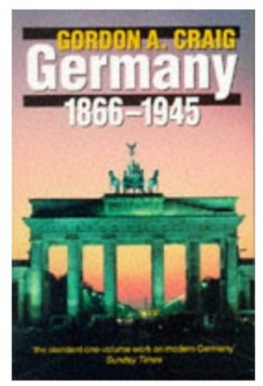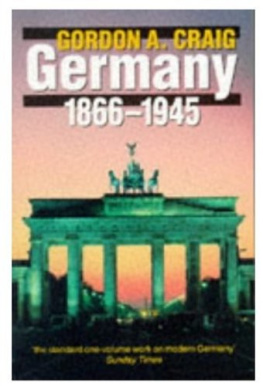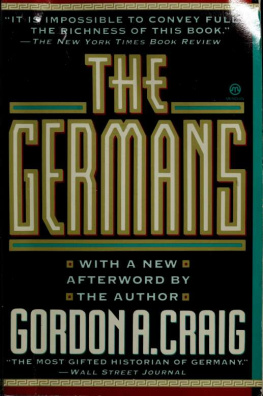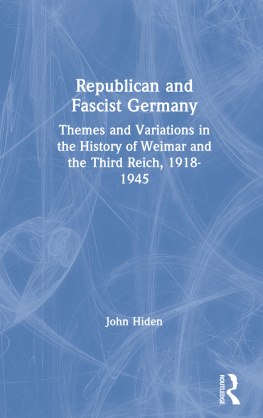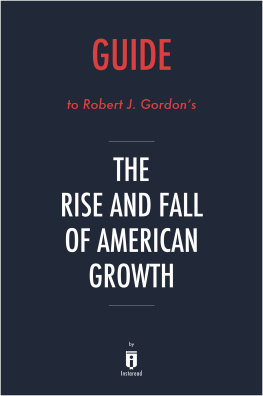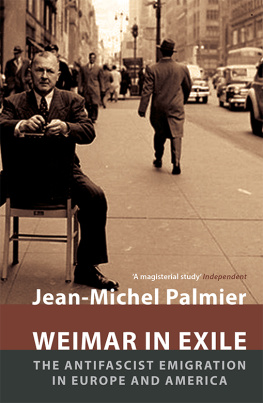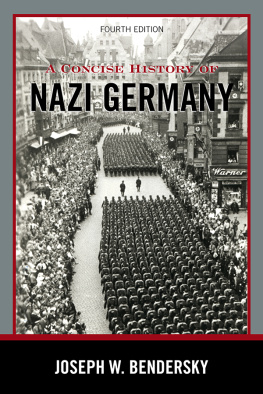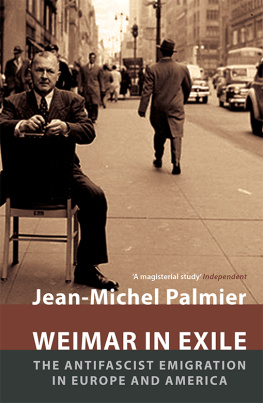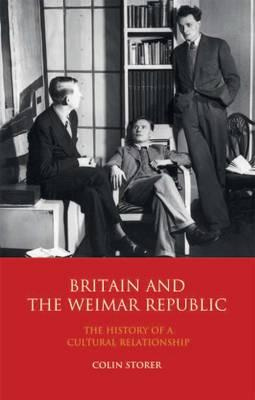Oxford University Press is a department of the University of Oxford It furthers the University's objective of excellence in research, scholarship, and education by publishing worldwide in Oxford New York Athens Auckland Bangkok Bogot Buenos Aires Calcutta Cape Town Chennai Dar es Salaam Delhi Florence Hong Kong Istanbul Karachi Kuala Lumpur Madrid Melbourne Mexico City Mumbai Nairobi Paris So Paulo Singapore Taipei Tokyo Toronto Warsaw with associated companies in Berlin Ibadan
Oxford is a registered trade mark of Oxford University Press in the UK and in certain other countries
The moral rights of the author have been asserted Database right Oxford University Press (maker)
All rights reserved. No part of this publication may be reproduced, stored in a retrieval system, or transmitted, in any form or by any means, without the prior permission in writing of Oxford University Press, or as expressly permitted by law, or under terms agreed with the appropriate reprographics rights organisation. Enquiries concerning reproduction outside the scope of the above should be sent to the Rights Department, Oxford University Press, at the address above
You must not circulate this book in any other binding or cover and you must impose this same condition on any acquirer
Printed in Great Britain on acid-free paper by Biddles Short Run Books King's Lynn
PREFACE
Deutschland ist Hamlet! Ernst und stumm
in seinen Toren jede Nacht
geht die begrabne Freiheit um,
und winkt den Minnern auf der Wacht.
FERDINAND FREILIGRATH
FREILIGRATH'S poem was written in 1844, at a time when all of the expectations of political reform and constitutional progress that had been stimulated by the accession of Frederick William IV had come to nothing. It was at once an exhortation and a warning. The poet urged his people to cast a critical eye upon its own failings, to admit that the pale cast of thought had too often lamed its resolution-
Er spann zuviel gelehrten Werg,
sein bestes Tun ist eben Denken;
er stak zu lang in Wittenberg,
im Hrsaal oder in den Schenken.
Drum fehlt ihm die Entschlossenheit-
and to rouse itself for action in freedom's behalf before it was too late. But he did not seem to be very confident that his advice would be followed or that the fifth act of the play could be avoided, and his doubts were justified. While the bulk of the German people stood uncomprehending by, those who championed the cause of political liberty gave themselves over alternatively to prolonged and bootless disquisition and action that was generally ill timed and ill considered and always unsuccessful. In the end, they were powerless to avert the consequence of these delinquencies
und Fortinbras
rckt klirrend ein, das Reich zu erben.
This book tells of the reign of Fortinbras and his successors, and it is a tragic story. For that vigorous prince, who took possession of a stage that was littered with the corpses of liberal hopes, showed no inclination to revive lost causes. He soon revealed himself to be an
____________________
| 1 | "'Hamlet'", in Freiligraths Werke in einem Band, selected and with introduction by Werner Ilberg ( Berlin and Weimar, 1967), pp. 73-5. For translations of the epigraphs and other quotations in the text see Appendix. |
-vii-
uncompromising conservative, intent upon preserving the structures of ancient authority against all the forces of change, increasingly jealous of his own prerogatives, and, when the rights of others appeared to threaten them, ever more willing to deny the validity of those rights. His ascendancy in the council of nations doubtless enhanced the self-esteem of his people, but his domestic governance robbed it of opportunities to grow in self-reliance and to acquire the rudiments of political education. As a result, when his immediate successors, ill trained by their self-centred master, proved to be irresponsible stewards of their inheritance, and when, by a combination of arrogance and lack of perspective, they brought the anachronistic imperial structure crashing down upon their heads, there were, to take their places, too few people who combined the willingness to assume responsibility for building a new realm of freedom with the practical arts necessary to solve the problems that stood in the way of its realization. The valiant efforts of those who tried to establish a stable republic were, to be sure, hampered by the recurrence of old habits of vacillation and self-doubt, but their ultimate failure was due less to these weaknesses than to their lack of numerical strength and to the clamorous demand raised by their fellow citizens for a new hero who could clear the proscenium of confusion and bring back the kind of authoritative leadership that they admired.
The new Fortinbras was waiting in the wings. But this time he was no respecter of the past and its institutions and values, nor was he interested in leading a troubled people back to older sureties. Driven by demons of which those who acclaimed his accession had no comprehension and prone to a ruthless unconditionality that would terrify many of his subjects when it was revealed to them, the new leader was to be the destroyer of the united nation that had been the goal of generations of German patriots, and he was to accomplish his work amid scenes of unimaginable carnage and bestiality in which millions of his own people, and millions of non-Germans who had had no part in his elevation to power, were the victims of his grandiose ambitions.
The darkest pages in history are often the most instructive. The brief history of united Germany, which lasted only seventy-five years and died in the rubble of Berlin in 1945, demands the attention of reflective men, not only for what it has to teach about the role of fear and cupidity and obtuseness in human affairs, about the seductions of power and the consequences of political irresponsibility, and about the apparently limitless inhumanity that man is capable of
-viii-
inflicting upon his fellows, but because it also has much to say about courage and steadfastness, about devotion to the cause of liberty, and about resistance to the evils of tyranny. It is important to recall that Fortinbras never lacked for opponents, and that there were always men and women who shared the belief expressed in another of Freiligrath's poems-
Trotz alledem und alledem,
trotz Dummheit, List und alledem,
wir wissen doch: die Menschlichkeit
behlt den Sieg trotz alledem -
and who risked their careers and their lives to create the kind of Germany in which this could come true. What is recounted here is as much their story as that of the powers that triumphed over them.
____________________
| 2 | "'Trotz alledem'", ibid., pp. 127-8. This poem, based on Burns's 'For a' that and a' that', was quoted by Karl Liebknecht on the day before he was murdered in January 1919. See . |
-ix-
[This page intentionally left blank.] | -x- |
|

